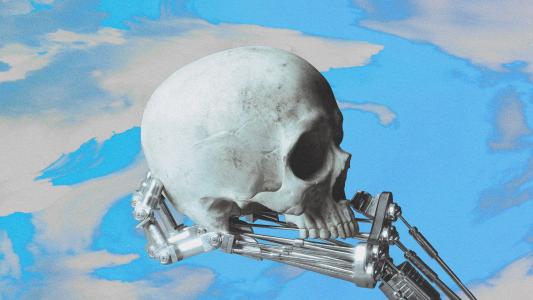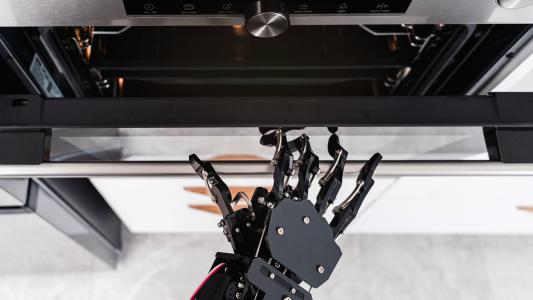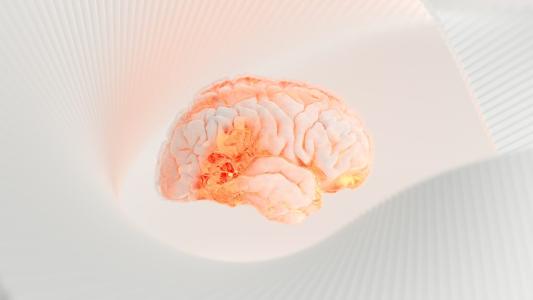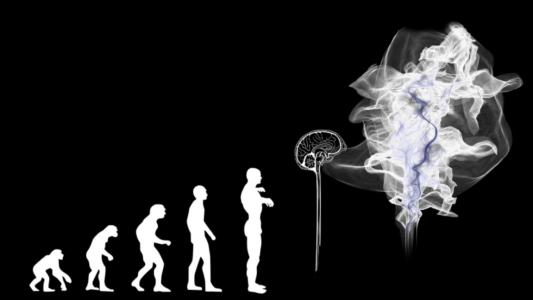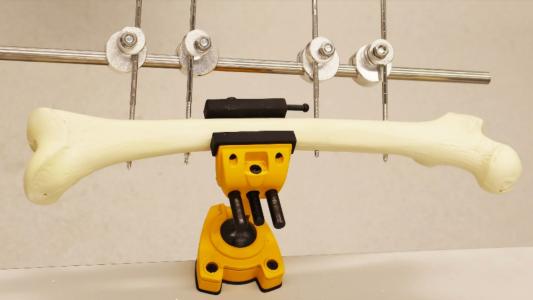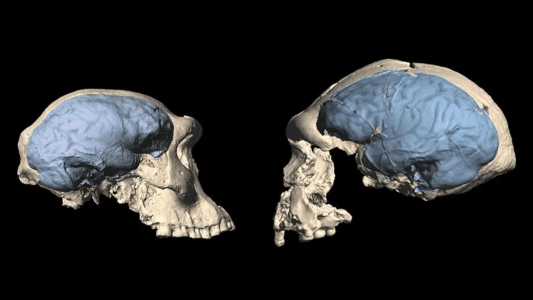More Stories
Will AI kill humanity by 2100? “Superforecasters” and experts disagree on the odds
AI was the most divisive topic in a recent predictions tournament.
A comet impact 13,000 years ago might have wiped out megafauna
Researchers note a "synchronicity" of geochemical signals suggesting that fragments of a comet struck Earth approximately 13,000 years ago.
Scientists discovered a “minimum mechanism” required for consciousness
Scientists stimulated the brains of macaque monkeys in an effort to determine which areas are responsible for driving consciousness.
LSD flashbacks and a psychedelic disorder that can last forever
LSD flashbacks have been studied for decades, though scientists still aren't quite sure why some people experience them.
GPT-4 is surprisingly good at explaining jokes
OpenAI's latest language model can grasp visual jokes, too.
New AI improves itself through Darwinian-style evolution
AutoML-Zero is a simple proof-of-concept that shows how t might someday be scaled up and applied to more complex problems.
Treating broken bones in war zones made easier with low-cost device
The device performs similarly to its commercial counterparts but costs one-tenth the price.
Microsoft plans to use ChatGPT in Bing. Here’s why it could be a threat to Google.
Language models could transform the ways we engage with search engines.
Our ancestors first developed humanlike brains 1.7 million years ago
Using computed tomography, a team of researchers generated images of what the brains of early Homo species likely looked like.
